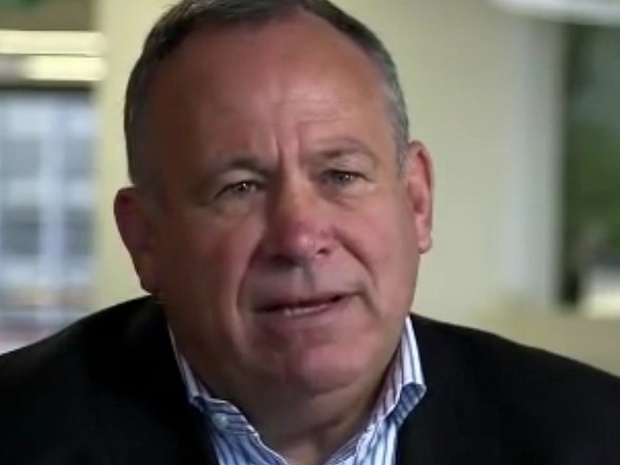Chorus takes issue with regulator over charges and backdating

New Zealand based network operator Chorus is challenging at least two aspects of the Commerce Commission's latest proposed determination of wholesale copper broadband pricing.

The details of the determinations are vital because the bulk of Chorus' revenue still comes from copper-based services. That legacy revenue is used, in part, to fund the roll-out of fibre under the Government's Ultrafast Broadband (UFB) project.
Chorus said transaction charges account for around NZ$40m in revenue, but the Commission has proposed a 30 percent reduction in these for key transactions. The impact of that would be around NZ$12 million a year, the company said.
Latest New Zealand news
In what Chorus described as a breach of practise, the Commission also indicated it does not propose to backdate revised broadband charges.
"The decision to not backdate in any form is a significant reversal on previous Commission decisions," Ratcliffe said. "In our view, the right thing to do if a previous regulatory decision has caused a distortion is to correct it, which in this case means backdating the revised FPP charges."
The Commission's latest draft included a slightly revised glide path for all monthly rental prices.
Chorus said over the five-year period the gross EBITDA impact was largely in line with the previous draft, with reductions in years one and two and increases in years four and five.
The new draft unbundled copper local loop price was NZ$26.74 in year one, reaching NZ$28.56 in year five. This compared to NZ$23.52 currently, and NZ$28.22 from the Commission's previous draft determination.
A new draft unbundled bitstream access price of NZ$11.15 in year one, fell to NZ$10.52 in year five. This compared to NZ$10.92 currently and NZ$10.17 in the Commission's previous draft.
"Chorus continues to believe that the draft pricing significantly undervalues the true cost of network investment in New Zealand," Ratcliffe said.
The Telecommunications Users Association said users will see no benefit in their monthly bills because the price for monthly access is substantially unchanged from the previous draft.
"For the significant number of people who will continue to receive their broadband over the copper network over the next five years, and especially those users in Rural New Zealand who will not have fibre access as part of UFB, this announcement disappointingly means no likelihood of reduction in monthly broadband charges" said Craig Young, TUANZ CEO.
Telco retailer Spark said it was disappointed the Commission was still proposing a significant increase in wholesale line charges compared to those it determined initially.
Under today's draft, broadband line charges will be increased from December by NZ$3.97 per month (including GST) per line above current charges, Spark said, with further increases totaling NZ$1.37 in over the following four years. This compared with the Commission's earlier proposal for a flat-rate increase of $4.54 per month.
"While the Commission has slightly reduced first-year charges from its earlier draft position, this decision, if finalised, would still mean wholesale line charges in New Zealand are around 70 percent higher than comparable countries," Spark New Zealand managing director Simon Moutter said.
Spark has been running a public campaign to keep the charges down.
Moutter said Spark was pleased the Commission was now looking to take backdating off the table. If that was confirmed, the company said it would honor its commitment to pass the value back to customers.